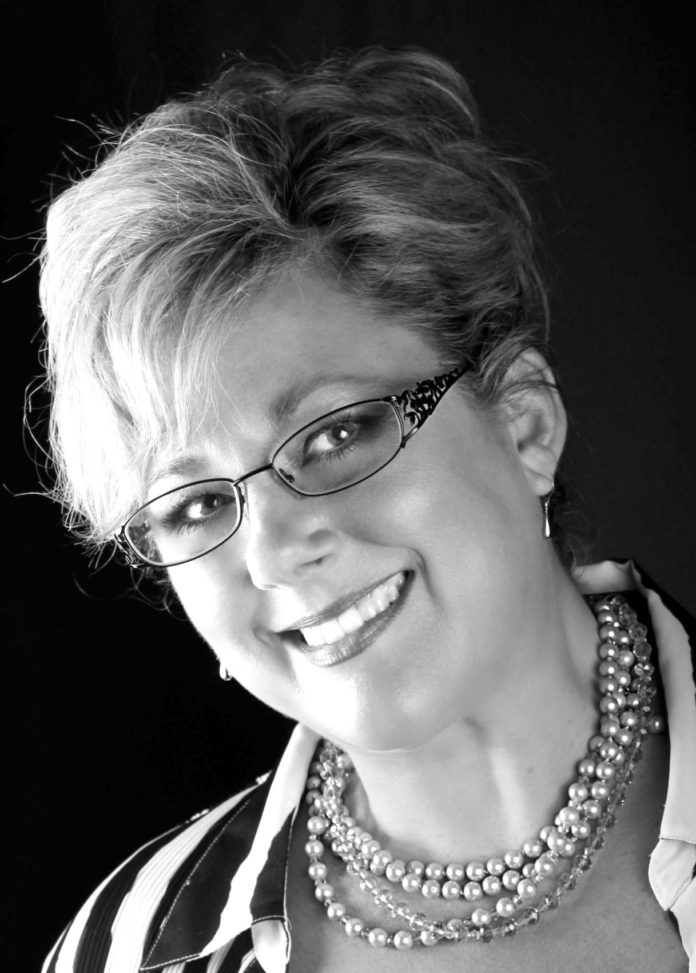A recent report from the World Health Organization’s International Agency for Research on Cancer says that cancer will kill nearly 10 million people this year and that by the end of this century, cancer will be the No. 1 killer globally and the single biggest barrier to increased life expectancy.
The number of people around the world who have cancer is officially designated as “rapidly growing,” with researchers estimating 18.1 million new cases and 9.6 million deaths in 2018.
Estimates also say that one in five men and one in six women will develop cancer and one in eight men and one in 11 women will die from the disease.
The increasing cancer burden is due to several factors, including population growth and aging as well as the changing prevalence of certain causes of cancer linked to social and economic development, the WHO report said.
“This is particularly true in rapidly growing economies, where a shift is observed from cancers related to poverty and infections to cancers associated with lifestyles more typical of industrialized countries.”
Locally, cancer-related deaths are also growing rapidly. A study by the Tarrant County Public Health Division of Epidemiology and Health Information (2014) states that cancer is the:
– Leading cause of death among residents overall – 21.7 percent;
– Leading cause of death for females – 20.6 percent;
– Leading cause of death for all races except non-Hispanic black residents;
– Leading cause of death for residents age 45 to 64; and
– No. 2 cause of death for those ages 1 to 14, 25 to 44 and 65 and older.
The Cancer Care Services staff of 26 serves nearly 4,000 individuals each year in Tarrant, Parker and Hood counties.
However, the National Institutes of Health estimate that more than 7,500 patients are diagnosed annually with cancer in Tarrant County alone. For those who serve cancer patients in North Texas, it’s apparent that we all have a big job ahead – and that job is certainly growing.
On Sept. 21, Cancer Care Services collaborated with the Texas Christian University and University of North Texas Health Science Center School of Medicine to host the recently revamped Tarrant Cancer Disparities Coalition for the national Biden Cancer Community Summit.
The local summit was one of 250 in communities across the world that hosted this unique event, which brought together survivors, providers, advocates and funders.
The national summit focused on the patient’s journey from prevention through cancer diagnosis, innovation in cancer treatment and ways the community can support cancer patients and their families through survivorship and beyond.
Local discussions highlighted navigating the cancer journey beyond the disease, harnessing innovation to improve and save lives and traveling the path of survivorship. The summit’s small-group and collective conversations galvanized local advocates to make a commitment to create and maintain open communication between all entities engaged in the fight against cancer, to develop a comprehensive list of Tarrant County resources available to those affected by cancer, and to make a pledge to bring our personal and professional strengths to this cause so that cancer can be conquered once and for all.
Cancer Care Services’s vision is that everyone who is affected by cancer will reach out to our organization for help and hope.
For more than 72 years, our nonprofit has offered financial assistance to those who qualify financially. By providing critical assistance such as health insurance payments, medicine and nutrition, we are saving lives while easing the economic and psychological burdens cancer brings into the lives of patients and their families.
In 2017, Cancer Care Services provided benefits to 3,605 clients through 11 licensed social workers, two registered oncology dietitians and a client activities manager for:
– Clinic navigation – $210,714, including 8.736 social worker hours;
– Nutrition services – $209,012, through 4,160 dietitian hours;
¬– Financial assistance – $204,166 spent on costs such as insurance premiums, gas cards and medical supplies;
– Case management – $190,646, through 7,904 social worker hours;
– Counseling services – $101,795 through 3,380 counselor hours; and
– Social therapy – $115,941, through 2,760 therapist hours.
Additionally, we offer social, emotional and spiritual assistance for all age groups at no cost – regardless of income – through creative programs such as yoga, family fun nights, support groups, wellness retreats, camps for kids, art and music therapy, and more.
Finally, we empower those who have conquered cancer.
Survivorship is a life-long journey. Cancer Care Services celebrates milestones while helping clients cope with ongoing challenges such as the fear of cancer returning, and physical and relationship changes.
Since 1946, Cancer Care Services has served thousands of cancer patients, survivors and their families in our community. We are truly honored to have offered help and hope for more than seven decades to people with all cancers, of all ages, from all economic backgrounds and in all stages of the cancer journey.
Melanie Wilson is president and CEO of Cancer Care Services. Wilson’s history with the nonprofit is personal; she is a cancer survivor herself and has also been a caregiver to family members with cancer.
The mission of Cancer Care Services is to provide help and hope to cancer patients, survivors, their families and caregivers through direct financial, emotional, spiritual and social programs, services and activities.
www.cancercareservices.org






